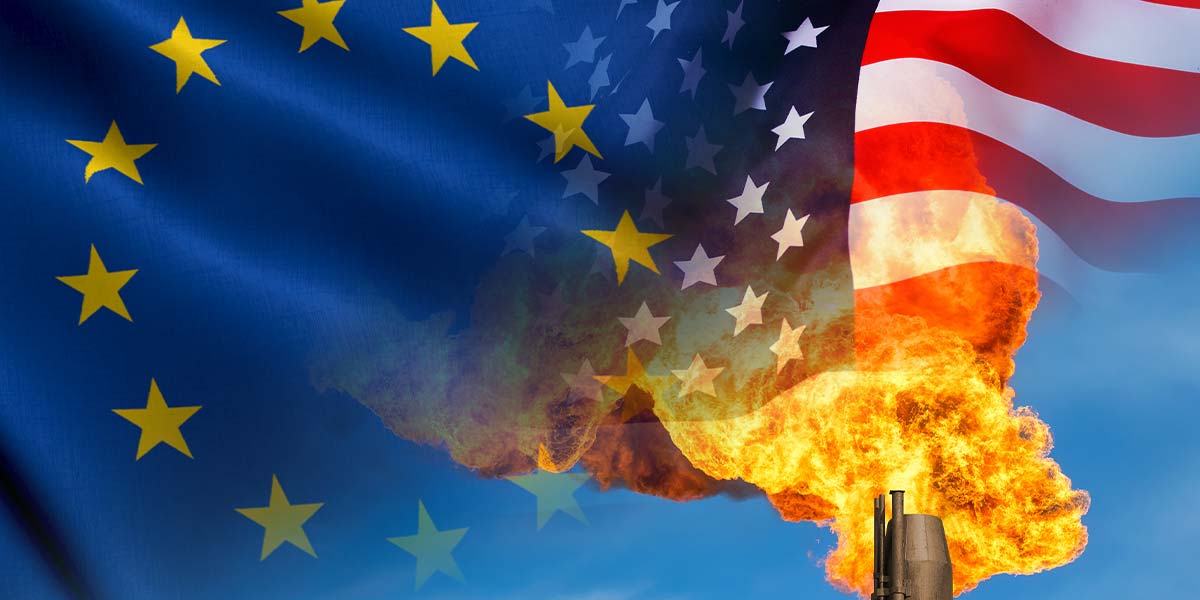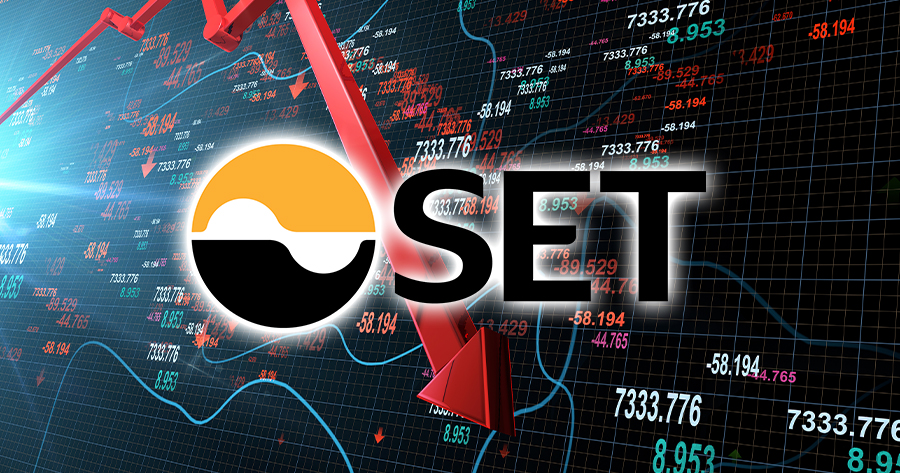According to a Reuters report citing sources familiar with the matter, in an effort to avoid a potential trade conflict with U.S. President Donald Trump, the European Union (EU) is considering adjustments to facilitate compliance by U.S. gas exports with its methane emissions regulations.
While the European Commission is crafting its negotiation strategy with the United States, with energy likely playing a significant role in broader trade discussions, President Trump has urged the EU to purchase more American oil and gas to help balance the trade deficit with the U.S.
European Commission President Ursula von der Leyen indicated that increasing U.S. LNG imports is a possibility as the EU aims to phase out Russian gas by 2027. To aid the trade negotiations, the Commission considered leveraging flexibilities in applying EU methane rules, with potential alignment for U.S. LNG exporters.
The goal is to maintain the law’s integrity while introducing technical criteria allowing U.S. exporters to be recognized as compliant under equivalent EU methane regulations, say the sources, though specifics were not clear.
However, this approach could face potential hurdles due to Trump’s intent to dismantle existing U.S. regulations on methane emissions reporting, complicating the EU’s case for allowing automatic compliance for U.S. companies.
A spokesperson for the European Commission declined to comment specifically on possible methane law adjustments for U.S. LNG exporters, affirming only that there was continuous communication with industry stakeholders regarding related legislation.
Methane, a potent greenhouse gas, ranks as the second-largest contributor to climate change following carbon dioxide. The EU in 2025 mandates that oil and gas importers monitor and report associated methane emissions.
The EU’s methane regulations could give U.S. LNG a competitive edge over gas from higher-emission suppliers like Russia and Algeria. Nevertheless, U.S. exporters face challenges in complying due to the fragmented nature of their gas industry, making emission tracking difficult.
By 2027, the EU will require foreign suppliers to meet equivalent methane standards to sign new contracts with European buyers.
Last month, the European Commission discussed these concerns in an online meeting with U.S. LNG companies.
Currently, the U.S. is the EU’s largest LNG supplier, having increased exports following Russia’s 2022 Ukraine invasion, accounting for 45% of EU LNG imports last year.





